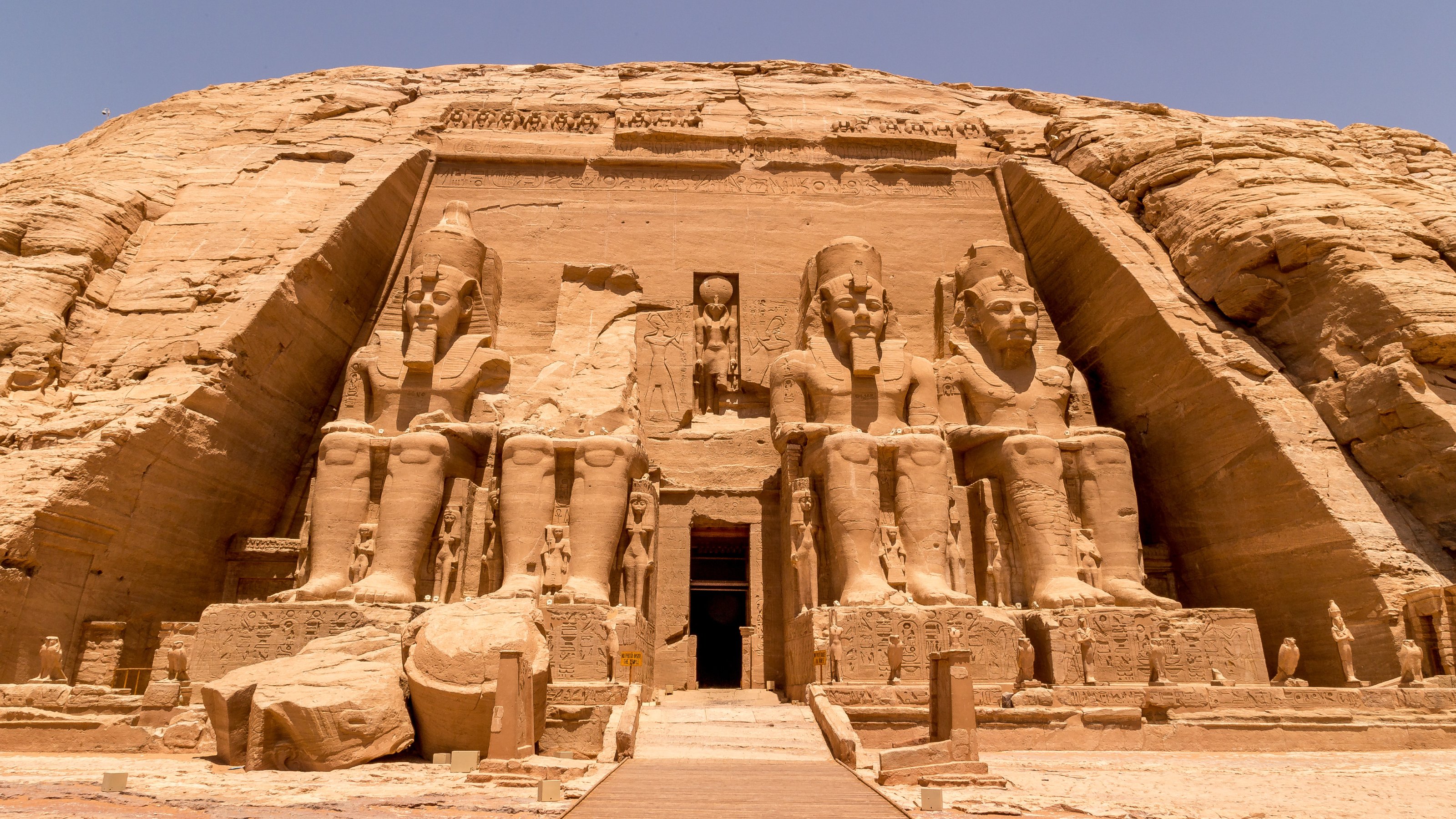Robert Thurman explains the Dalai Lama’s importance to Asia’s stability.
Question: Why was it important to write a book on the Dalai Lama?
rnRobert Thurman: I wrote the book because everybody likes the Dalai Lama, and think he’s cute, and they like his spiritual teachings—but they think his nonviolent political leadership is useless, and they think he doesn’t know what he is doing. It’s all so sad, and you got to really fight because that’s the ideology of our militaristic culture; the premise of the book is no, he’s nonviolent leadership, his global leadership is the leadership of leaders and we have to follow that advice now.
rnIf we go on with the militarism, if we go into World War III—which we have waiting on every front—everyone will lose, and those people who are relying on conquest, like the Dick Cheneys of this world, have lost. They are shouting that they have it, they did great, and all this, but it’s just a complete lie and everybody knows it.
rnThe Dalai Lama is the person who walks the talk of nonviolence here. He’s been under genocidal threat and actual action by the Chinese People’s Republic for many years—50, 60 years—and yet although he is very discouraged and he admits he’s sick of them, especially the government and the people he knows don’t have the true information about Tibet, he insists on the nonviolent approach and he insists on bringing China into the family of peaceful nations—not leaving them as the imperialist imitation of imperialism that they are now.
rnWe have been tripling our imperialist behavior in the last centuries in a few decades, and that is just totally destructive to the world. So, the premise of my book is we have to listen to him on the social-political level, as well as the spiritual level—and therefore he really does matter. That’s the premise, and when people have read the book, I’ve had gratifying experiences.
rnOver the last year and a half, even Tibet supporters, I noticed, will go out and say, “Free Tibet”, and then you ask them, “Do you think it will be free?” They say, “Oh, no. Never be free. It can’t. Too big. China. They have no weapons.” And so, what’s the use of their shouting free Tibet if they’re hopeless?
rnWhen they finished reading my book they realize that it’s got to happen. It actually is realistic. What’s unrealistic is to think that everybody is going to conquer everybody. The U.S. is finished. We can go and blow up some more countries but that will just make people more mad with us later, when we really can’t afford to do so anymore. They won’t let us just print any amount of money we want.
rnThen China just wants to go conquer everything , and Tibet is the place to make a stand against them, nonviolently, preempting the danger of World War III—which will otherwise definitely happen. So that’s my premise, and I emphasize the positive. I emphasized the vision of the watershed of Asia—the water tower of Asia, nourishing 3.7 billion people with water from the glaciers of Tibet, which are melting not just by global warming but by Chinese mismanagement and destruction of the environment—three times faster than global warming. We’ll soon be having them melting and that’s going to dry up the river systems of 3.7 billion people in Southeast Asia, India, Pakistan—all the way to China itself. So that’s my book. That’s the main premise of my book, and then I show explicitly—based on the Dalai Lama’s own statements, his own arguments, his own proposals over 4 or 5 years—what he offers the Chinese and what a bonanza it would be for them to change their policy and befriend a person who is friendly to everyone in the world and who is the most popular.
rnLast November he was voted most popular man on earth by Harris Poll International Herald Tribune worldwide, including Asia. Of course, not China—they’re not allowed to vote, you know, they are not allowed to mention his name because of the silly behavior of the government. But he is. The Chinese, if they join in liking him and working with him, they would benefit—not lose. They would benefit enormously, and I proved that in the book, and people like it.
rnQuestion: Is today’s Dalai Lama particularly important?
rnRobert Thurman: The one at this time specifically is very, very intensely mattering. I think the future will also mater, but unfortunately, if the Chinese miss this opportunity and the world actually misses this opportunity by not supporting him enough to make the Chinese see that they really must switch their policy, then it will be a lot worse of a mess—really bad.
rnWhen the Chinese attack Siberia—which is where it will start, when North China is completely dried up and they want the rivers North Asia—and then the U.S, Russian, Japanese alliance, European-Japanese Alliance goes against them, and there are cyber wars everywhere—and probably nuclear because they will have an unstoppable huge army—it’s going to be just terrible. That would happen, I think, if there is no switch in the next four or five years; maybe in eight, ten years that will happen, in the 2020s because there will be no more water.
rnPeople you see these programs say, “Oh, by 2100 we’ll be in tough shape.” We are in tough shape now! It’s going to accelerate beyond people’s imagining; the whole thing, and the Yellow River in North China, the cradle of their civilization, is nearly dried up already, and their headwaters are Tibet. It’s a water tower and it’s where everything is stored, and it flows down there when it’s not the monsoon cycle, and without it Asia is finished, and tremendous distress arises, and upheavals, and migration. It’s beyond conceiving, it really is.
rnQuestion: What will happen to Tibet when the Dalai Lama dies?
rnRobert Thurman: He will die in Tibet, and Tibet will be in the path of being restored. It will have its internal true autonomy, the whole plateau, and the Tibetans, as they have for thousands of years, will be taking care of the environment in that plateau—slowing down the rate of warming. Then, if China is rekindling its Buddhism, which they would have to do if they recognize him, and behaving nicely—they would have to let their own people—that’s 700 million Buddhists—they would be going nuts. They will be coming down about this greed driven, industrialized—wreck your rivers, poison the air and make money, money, money. You can’t eat it. You can’t breathe it. You know, it’s not medicine. Money is a piece of paper, and they will stop that, or they will lessen that, as Europe has to lessen it.
rnThen, we’ll be on the good path; in other words, a switch over will occur. I call it the Obama Dalai Lama Revolution—peaceful revolution. If this happens, everything will be fine.
rnSo, I’m not in a panic like he’s going to go any minute. He’s only 74, and he can last another couple of decades easily, but even that won’t be necessary because human beings, when under the gun, can do amazing things. I know people in Central Europe, in Hungary, in Czechoslovakia—Lech Wałęsa ,these guys—nobody believed they could be free of the Russian domination without violence, but they just said no and they stood up, and that will happen. It’s going to happen everywhere. That’s our new age. It will happen definitely before the Dalai Lama dies, and he will be a leading hero of that event worldwide.
rnMuslims, Christians, Atheists, seculars, everyone will think of him as having helped turn the tide. He was the one who reacted to 9/11 writing George Bush a letter: “You know, of course, Mr. President, that violence never helps a violent situation, and I’m sure you’ll have a wise response.” Unfortunately, he didn’t, because of the manipulation by whatever. Poor fellow.
rnBut The Dalai Lama shows us how hopeless that approach—trying to conquer everybody—is. He does show us that.






